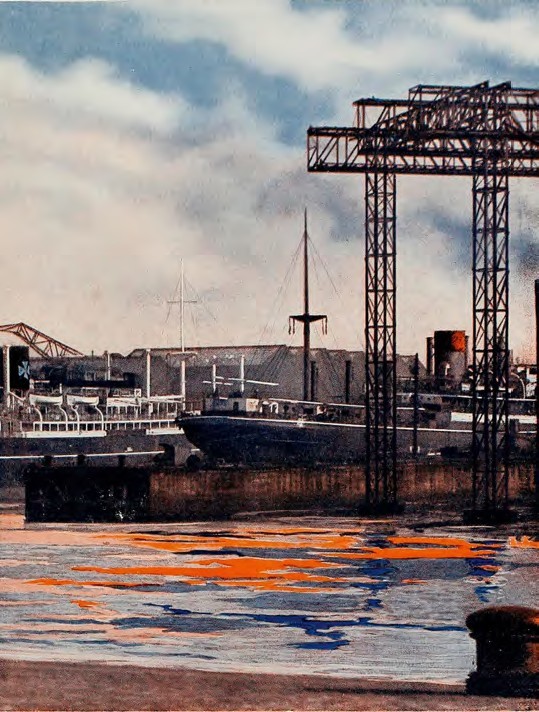In the second half of a two-part study, Kajsa Louise Swaffer, winner of the 2018 History Scotland/Royal Historical Society undergraduate dissertation prize, analyses the nature of Scottish emigration in the post-war period, discovering how emigration became inextricably tied to both unionist and nationalist conceptualisations of Scottish identity

Traditionally, shipbuilding employed thousands in Scotland, but after the second world war, the Scottish office began to realise that emigration was restricting the growth of industries such as this one
The political, social and economic problem of Scottish emigration was intensified in the post-war period by an administrative layering which immobilised Scotland in terms of infiuence over centralised emigration policy, and limited her political power in general. Scotland lacked representation on the overseas migration board, and carried limited representation in committees and working parties negotiating migration policy. The interdepartmental committee in charge of reviewing and renewing the empire settlement act of 1957 was represented by those departments considered apposite to the question of emigration from Britain, but lacked any direct Scottish representation, epitomising the government’s position on the management of Scottish affairs. In a similar vein, almost a decade later a working party on the economic effects of British emigration, this time carrying Scottish representation, recognised that ‘one of the objects of Government policy was to stimulate industry in Scotland and reduce movement out of Scotland; any increase in emigration might be prejudicial to this policy’. Nevertheless, after having duly noted the ‘special population problem of Scotland’, the working party declared ‘it should not be assumed that there would be any radical change in Government policy on emigration’.